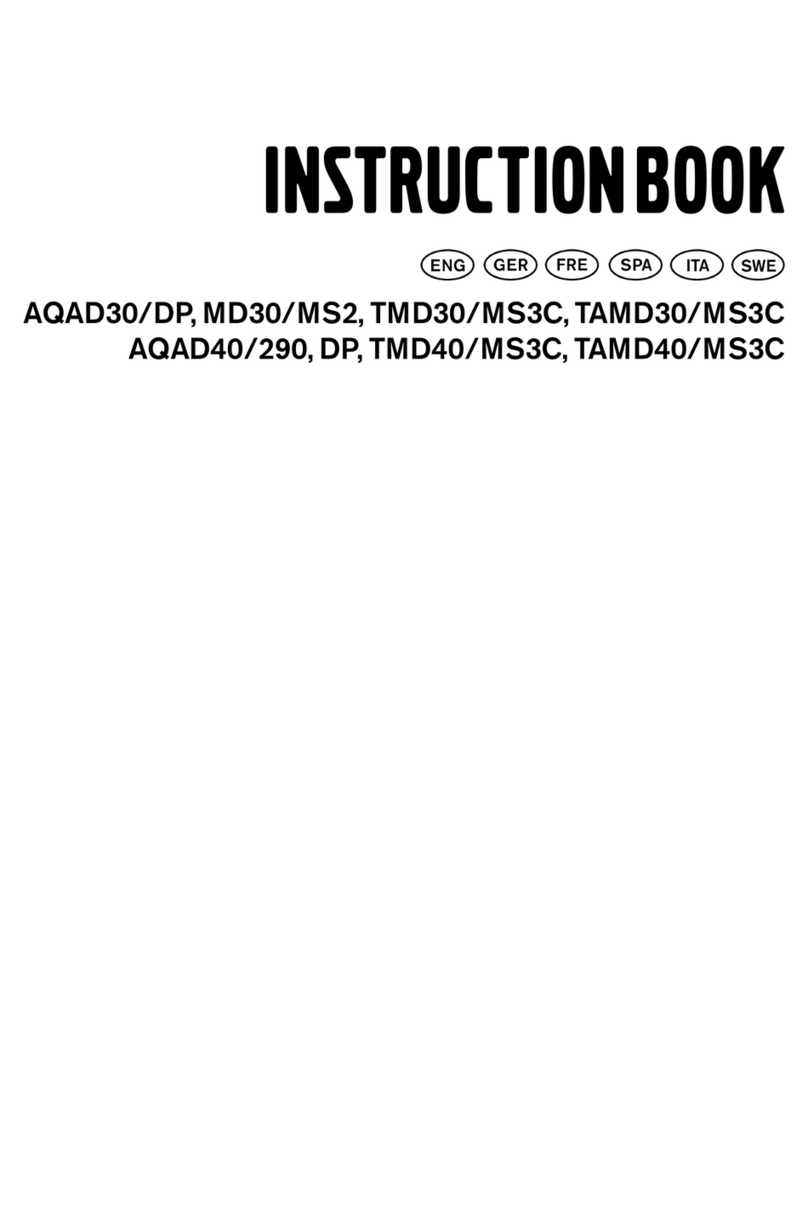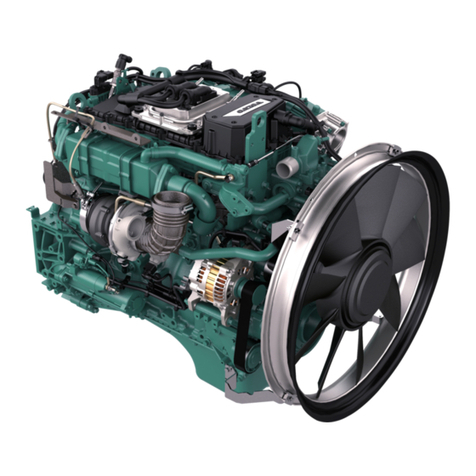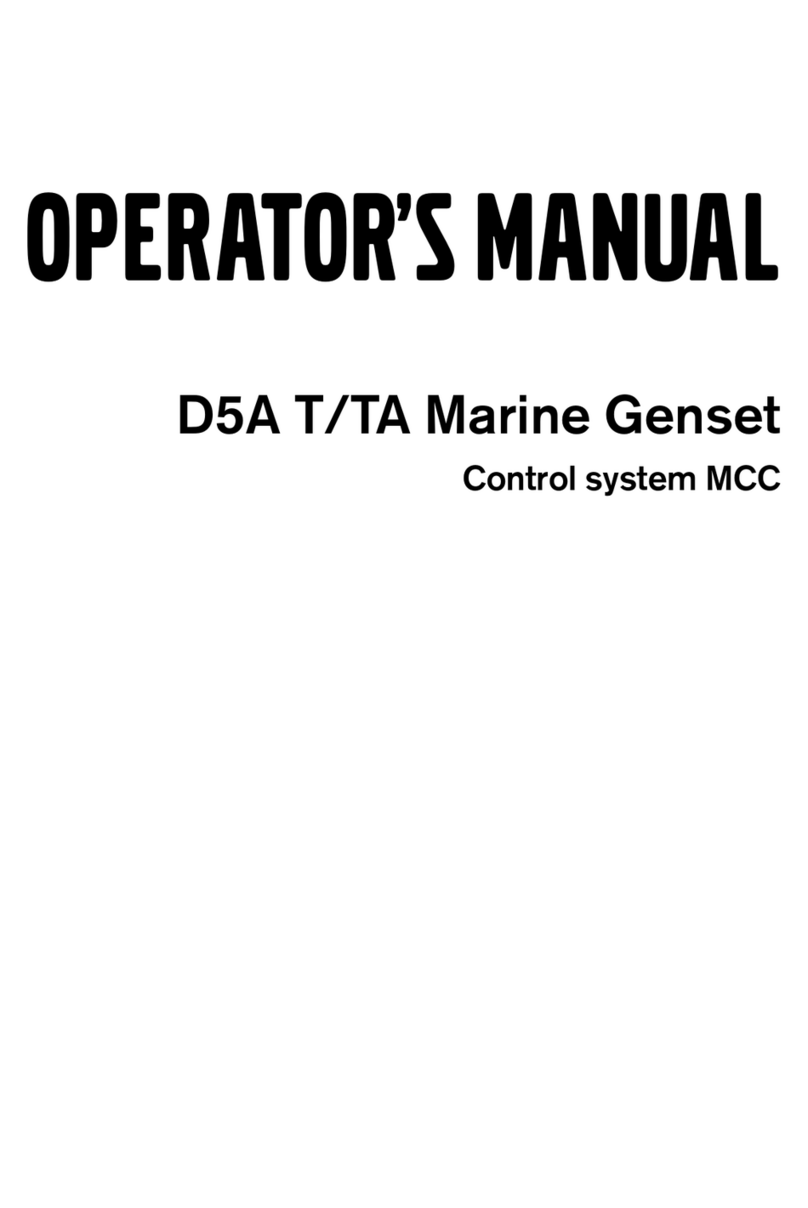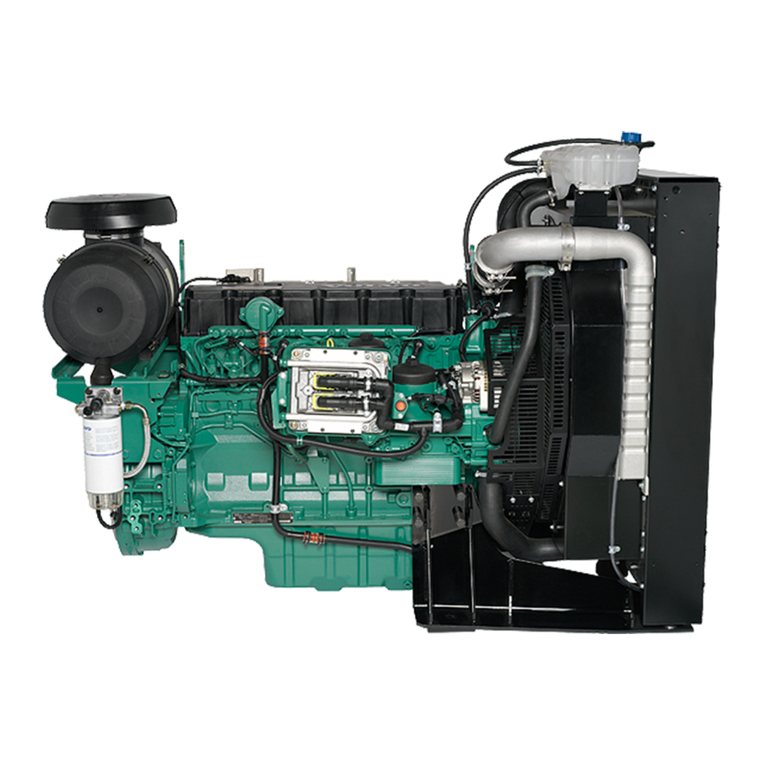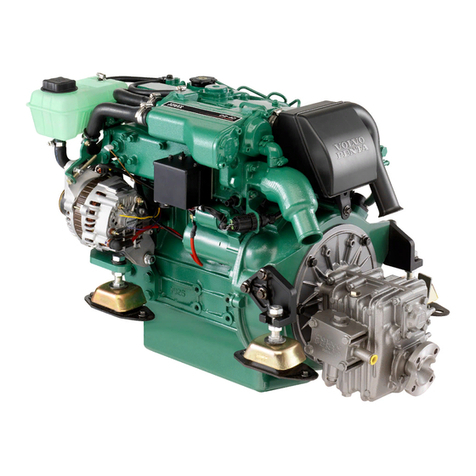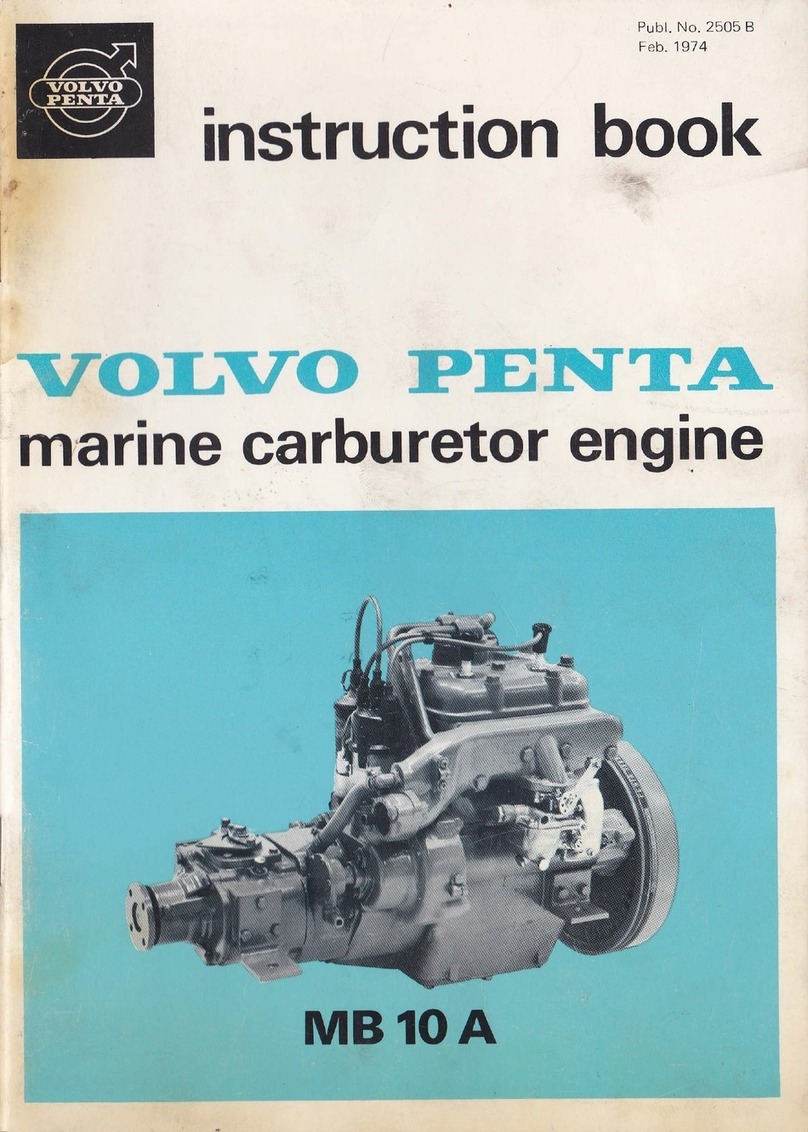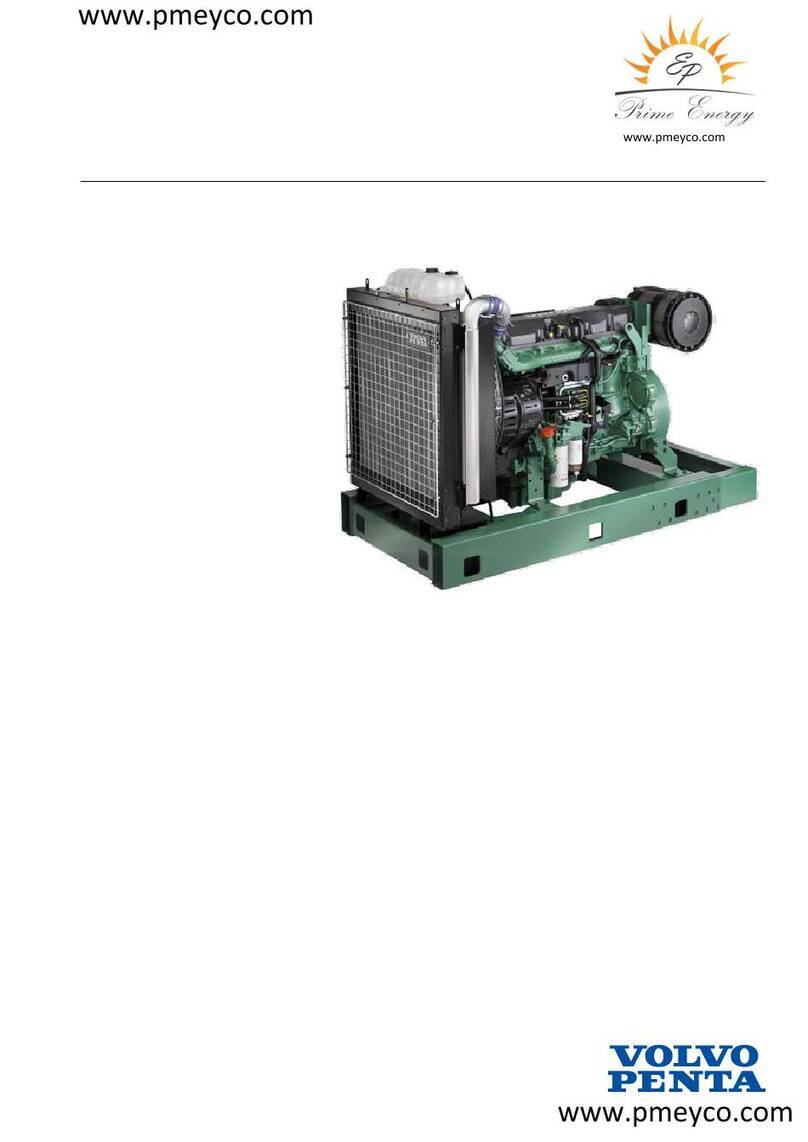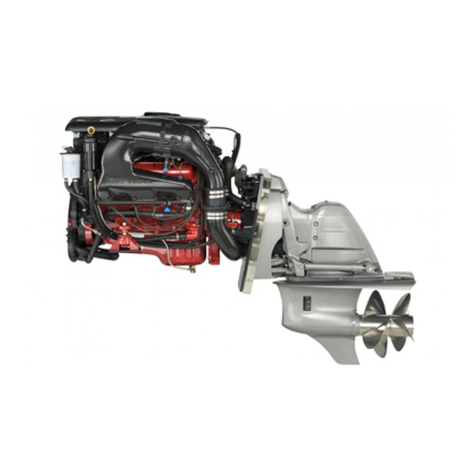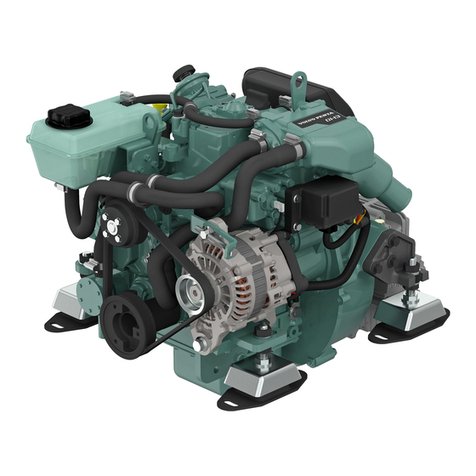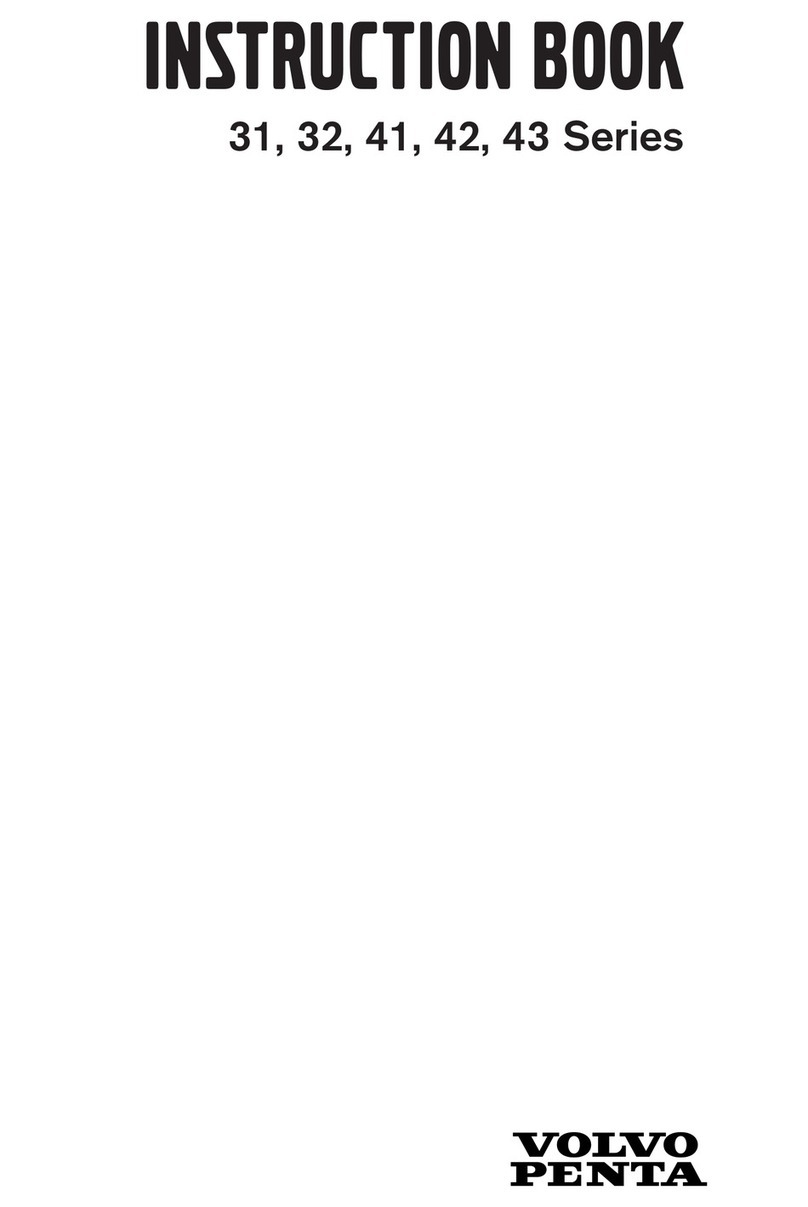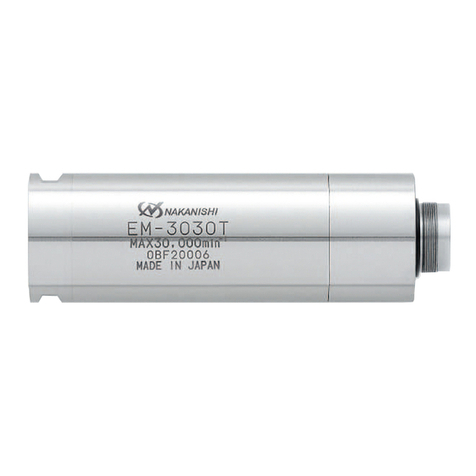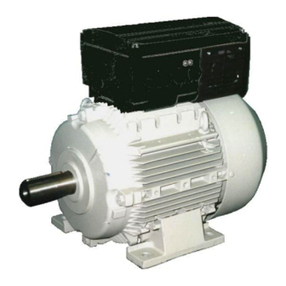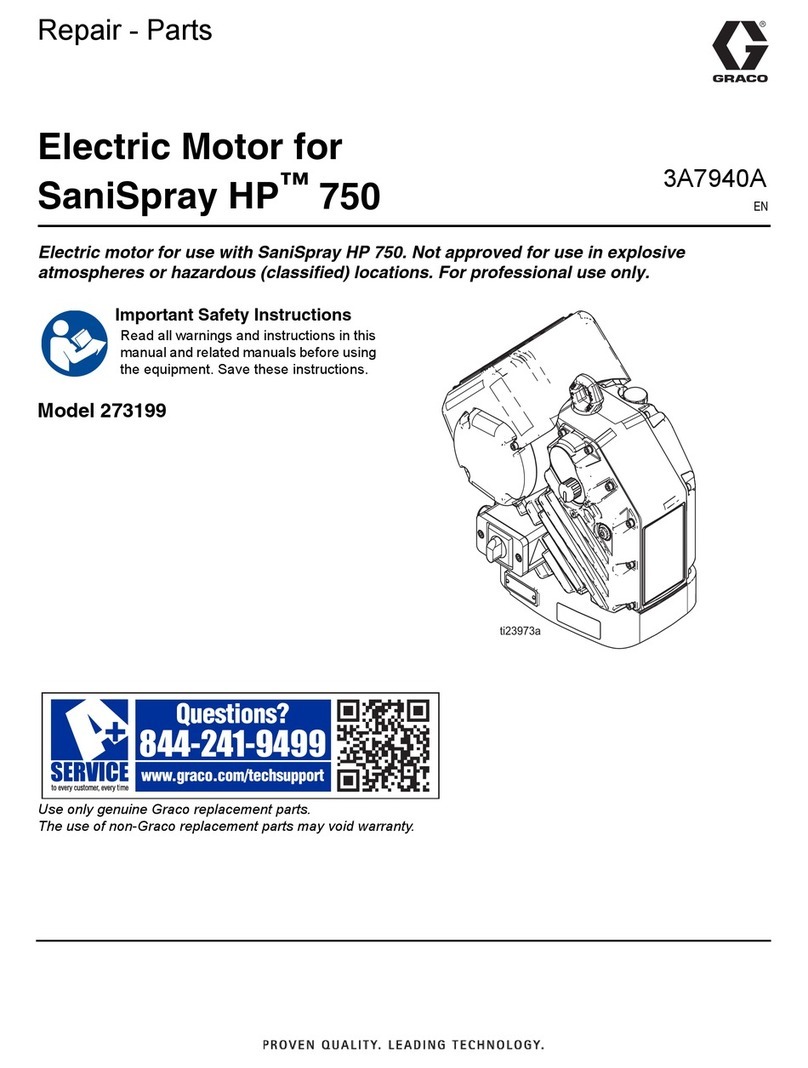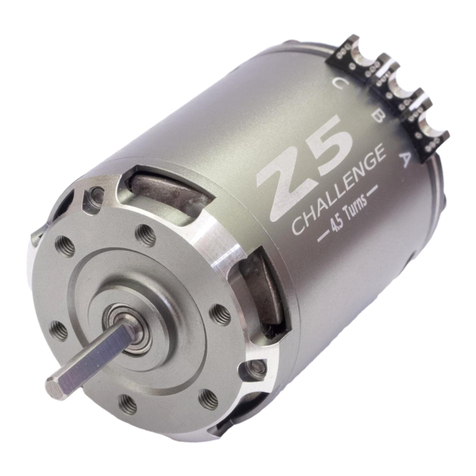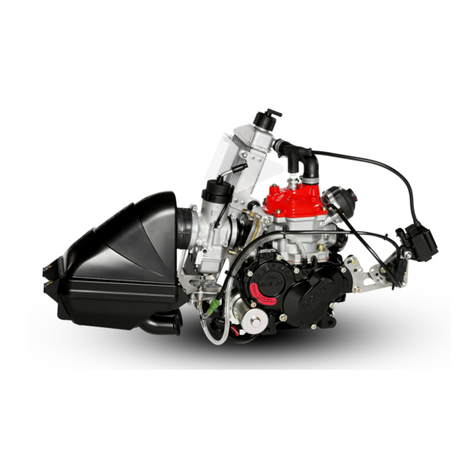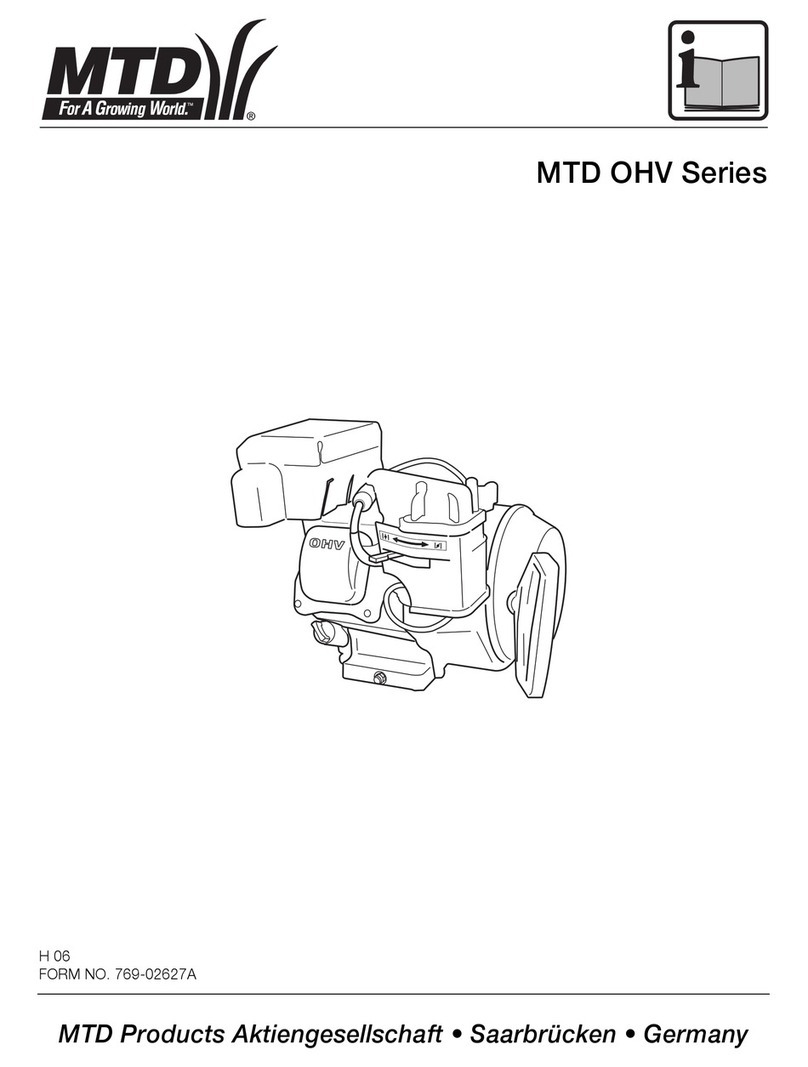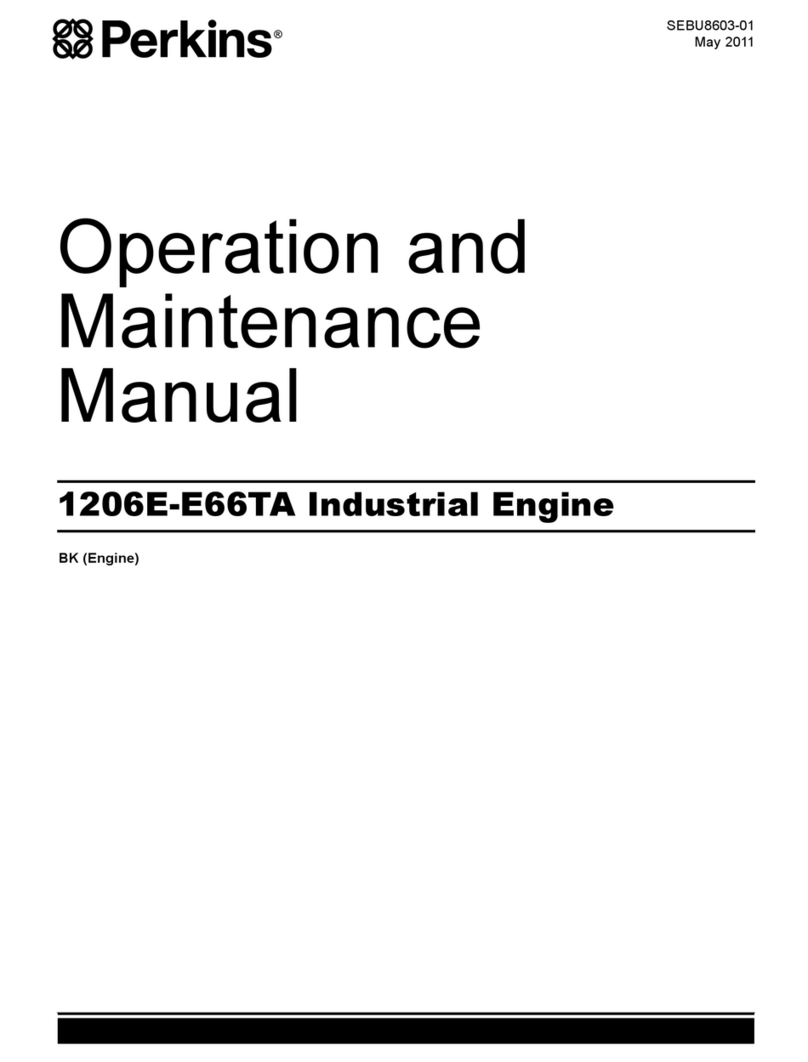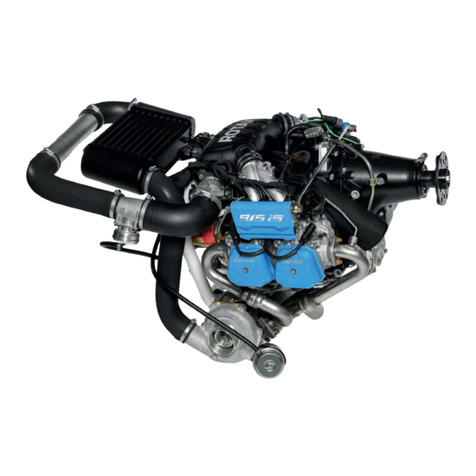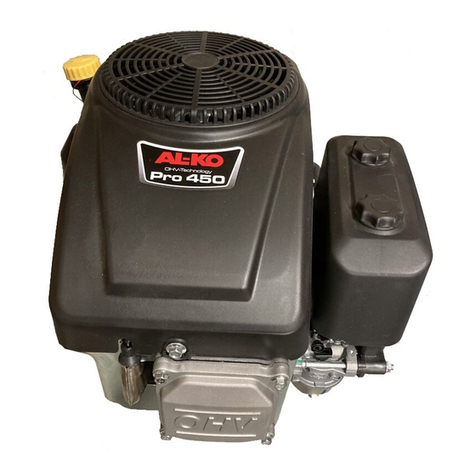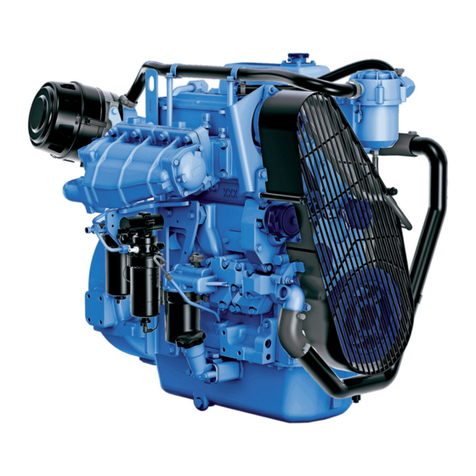
5
Congratulations on choosing a new boat equipped with a
Volvo Penta marine engine. Volvo Penta has been building
marine engines since 1907. Quality, operating reliability, and
innovation have made Volvo Penta a world leader in the ma-
rine engine industry. From engineering design and manufac-
turing to support activities in Parts, Service, and Sales, high
standards have been set to ensure your pride and satisfac-
tion as the owner of a Volvo Penta product.
As owner of a Volvo Penta marine engine, we would also like
to welcome you to a worldwide network of dealers and ser-
vice workshops to assist you with technical advice, service
requirements and replacement parts. Please contact your
nearest authorized Volvo Penta dealer for assistance.
We wish you many pleasant voyages.
Our core values: Quality, Safety, En-
vironmental Care
The values and qualities that Volvo Penta expresses are what
make the company unique. From the very beginning, safety
and quality have stood at the heart of the development of all
of our products, processes, and services. It is on these val-
ues and qualities that the Volvo Penta corporate identity,
brand position and legal status have been founded. Today’s
core values of quality, safety, and care for the environment
remain central to Volvo Penta. They express what we believe
in as a company and will ultimately help us to survive.
Quality
is a value that traditionally referred to product quality
but now encompasses all aspects of our products and ser-
vices. In today’s competitive environment, Volvo Penta’s qual-
ity commitment extends beyond industrial craftsmanship and
engineering ingenuity to embrace care for the customer
throughout the life of the product.
Safety
will always be our most distinguishing core value.
Historically embedded in the quality of all Volvo products, it
also encompasses personal, family, business, and environ-
mental values.
Environmental care
in all operations, from design to produc-
tion, distribution, service, and recycling, is an integral part of
the Volvo quality commitment towards customers, employ-
ees, and the community. By embracing the environment as a
core value, Volvo demonstrates its understanding of the envi-
ronmental impact its products have upon nature and the shared
urban and rural surroundings.
Volvo Penta continually commits a considerable part of its
development resources toward minimizing the environmen-
tal impact of its products. Examples of areas where we are
always looking for improvements are exhaust emissions, noise
levels, and fuel consumption.
Introduction
Regardless of whether your Volvo Penta engine is installed in a
boat used for pleasure or commercial operation, incorrect op-
eration or improper maintenance of the engine will result in
disturbance or damage to the environment.
In this owner’s manual there are a number of service proce-
dures, which, if not followed, will lead to an increase in the
engine’s impact on the environment, and on running costs
and a reduction in service life. Always observe recommended
service intervals and make a habit of checking that the en-
gine is operating normally every time you use it. Contact an
authorized Volvo Penta dealer if you cannot correct the fault
yourself.
Remember that most chemicals used on boats are harmful
to the environment if used incorrectly. Volvo Penta recom-
mends the use of biodegradable de-greasing agents for all
cleaning. Always dispose of engine and transmission oil
waste, old paint, de-greasing agents and cleaning residue
etc. at proper disposal areas so that they do not harm the
environment.
Adapt speed and distance during your boat trips so that swell
and noise generated by the boat do not disturb or harm wildlife,
moored boats, docks, etc. Wherever you land or cruise, please
show consideration and always leave the areas you visit as
you would like to find them yourself.
Factors that affect engine perfor-
mance
Power ratings
A great number of environmental factors, such as barometric
pressure, ambient temperature, humidity, the quality of fuel,
and exhaust back pressure can affect engine performance.
When it comes to quoting and comparing ratings, it is impor-
tant that there is a unified set of standards for measurement.
In September 1989, all major marine engine manufacturers
agreed to quote engine power output according to a com-
mon set of conditions. These conditions are referred to as
ISO 8665.
All Volvo Penta engines meet the ISO 8665 stan-
dard. This ISO standard outlines the following fixed values or
common conditions for determining the rating of the engine.
Condition Value
Sea water temperature 77°F (25°C)
Fuel Temperature 104°F (40°C)
Air Temperature 77°F (25°C)
Condition
Exhaust back-pressure 1.45 PSI (10 kPa)
Barometric pressure 14.504 PSI (100 kPa)
Relative humidity 30%
Value
